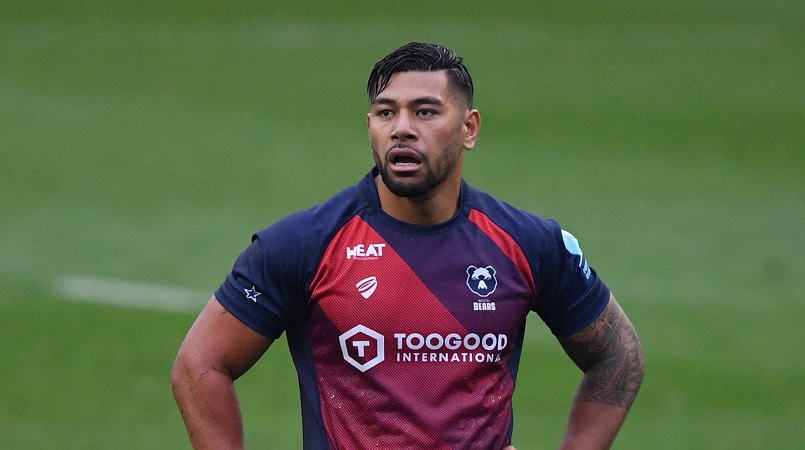
The disparity between the All Blacks-Tonga clash has put the spotlight once again on the issue of eligibility at the international level after Tonga were outmatched in a 102-0 thumping at Mt Smart Stadium last weekend.
Discussing the issue on Sky Sport’s The Breakdown, former All Black great John Kirwan highlighted the central contracting system in New Zealand creates a disincentive for Pacific Island players from representing their home nations.
He compared New Zealand Rugby’s [NZR] contracting system to that of the NRL, which has removed conflict of interest from the equation with a separation of club and national control.
Kirwan suggested that if Super Rugby clubs could fund the majority of a player’s wages, they may be in a position to represent their home nation, such as Tonga.
New Zealand Super Rugby clubs can sign a maximum of three internationally-capped foreign players, and at least one of those players must be from a Pacific Island nation.
However, those players aren’t eligible for NZR top-up funding to boost their pay to their normal market value.
“Central contracting probably doesn’t help,” Kirwan explained to the panel. “If you are playing for an NRL side, and the majority of your money is coming from your club, then you can play for your country.
“So, maybe there is a need to look at that central contracting because, what Toutai Kefu said, New Zealand have the system that brings players through, and no one begrudges anyone of that, good on them, but if the majority of the money is coming from the national body, you want them to stay and play for you.
“But, if you are actually born in Tonga and you are getting the lion’s share of your money from your Super side, then maybe that changes stuff.”
Ex-All Blacks star Mils Muliana explained the decision for young players is almost made for them as he said the financial rewards of playing for a foreign club pushes them towards a path that means representing another nation at test level.
“When you talk about the national body not really having that funding to allow you the ability to play for your home country and somewhere else does, well of course you are going to go down that track,” he said.
“We’ve spoken about the eligibility rules for years and years, this isn’t just a 12-month conversation.
“When you are getting paid more to go somewhere else, like Japan or to Europe, then you are to play for your national team, you have to consider that. For a lot of these guys, what they are getting from the Island nations is peanuts.
“It becomes an easy decision, no matter how much you want to come back. These guys want to come back, but they have to support their families, they have to make a living and they have to do it in a short period of time.”
